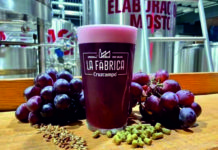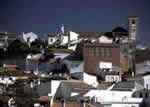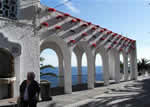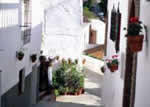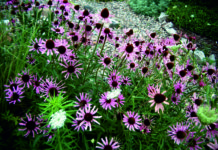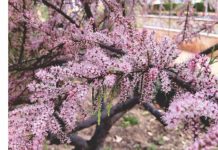Of all the flowers associated with Christmas, the Christmas rose is the most delicate and beautiful, as ephemeral as the fairy on top of the Christmas tree. But, like the fairy that returns each year to crown the tree, so does the Christmas rose, breaking through soil softened by rains and cooler conditions to bring delight and cheer during the winter months.
It belongs to the buttercup family (ranunculaceae) and there are about 20 species, all native to Eurasia. Some we would best recognise are helleborus niger, black hellebore or Christmas rose, h. orientalis, stinking hellebore or Lenten rose, h. foetidus, stinking hellebore and h. viridis, green hellebore. They are native to southern and eastern Europe where they are found in open woodland.
The best planting time is now; they look delightful in pots on windowsills or patios where their cool beauty can be closely admired or let them spread in drifts under olive or almond trees. In our relatively warm winters they will flower from November through to February, clumping and
spreading to around 1m. They grow best in light to moderate shade and, whilst they will need watering initially, they do become quite drought tolerant with maturity. The fact that they disappear underground in summer saves them from the baking heat. Improve the soil with some humus, leaf mould or compost and they will (slowly) spread. Large clumps can be divided for propagation, but they perform best when left undisturbed. When really happy, they may self-seed. The large, cup-shaped white flowers that emerge from basal leaves have crowns of conspicuous yellow stamens and five large petal-like sepals.
The genus name comes from the Greek; bora meaning food and helein meaning to harm in reference to the toxic leaves, stems and roots in all the family members (wear gloves when handling). The specific epithet is from the Latin niger meaning black – the roots are black. Legend tells us how the common name of Christmas rose arose. After the birth of baby Jesus, a young girl in Bethlehem visited him. When she saw all the lavish gifts being bestowed, she felt shame because she had nothing and began to cry. Where her tears splattered to the ground, a beautiful hellebore sprouted. She picked the wondrous flower and gave it to baby Jesus. Hopefully he didn’t chew on it!
With a long history and a myriad of uses, it is a sad fact that, up until the 18th century, hellebore was prescribed to treat worms and other digestive issues and many children died from these preparations. The charming flowers in the gloom of winter fascinated and enchanted over the centuries and inspired many a poem. But, if you like a spooky Christmas tale, the poisonous black hellebore is also full of guile, ghoul and witchery and its history is grim and dark.
Legend has it that Alexander the Great was poisoned with powdered hellebore in his wine; the ancient Gauls would dip their arrowheads in hellebore powder to be sure that their enemies would die; and the Greeks poisoned city water suppliers of their enemies with hellebore to weaken the inhabitants, making invasion easier. Pliny recorded that if an eagle saw you digging up a hellebore, you would die within a year. Witches in medieval times used powdered hellebore to summon demons and to enable them to fly! It is also said that if you toss dried and powdered hellebore flowers into the air and walk through it you will become invisible – now that could be a useful trick at Christmas time when all the frivolities get too much and you just crave a quiet corner!
The Viveros Florena Team would like to wish you all love, peace and joy.
And remember, Christmas doesn´t come from a store. What if Christmas perhaps means a little bit more? Dr. Seuss.
Come and join us at our Wondrous Winter Market on 4th December.
We’ve more stalls than ever before with a magical range of crafts and home-made items. Music to get you stomping and fabulous food and drink from all our truckers.
Free mini bus service from Cómpeta/Viveros Florena and back. No parking problems – hassle free. Just come and have a great day out.
10 until 4.
Viveros Florena, Cómpeta, Málaga
Tel: 689928201/681168400
Email: florenaspain@hotmail.com/viverosflorena@gmail.com






